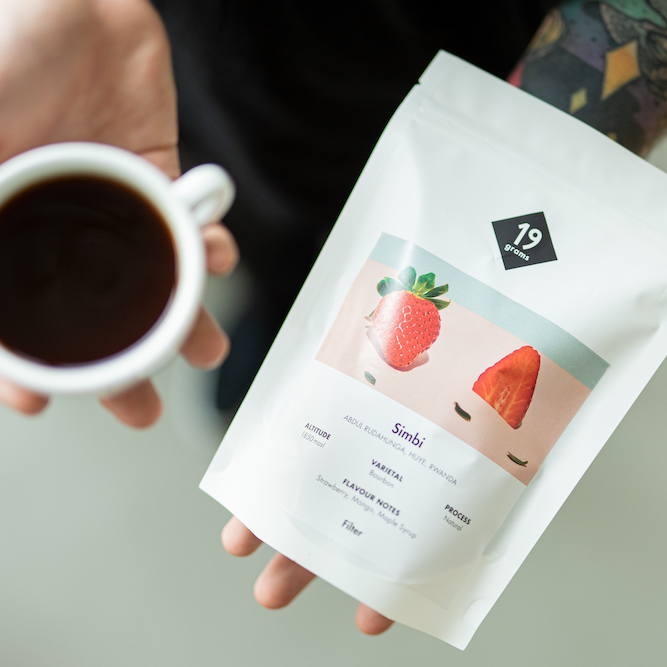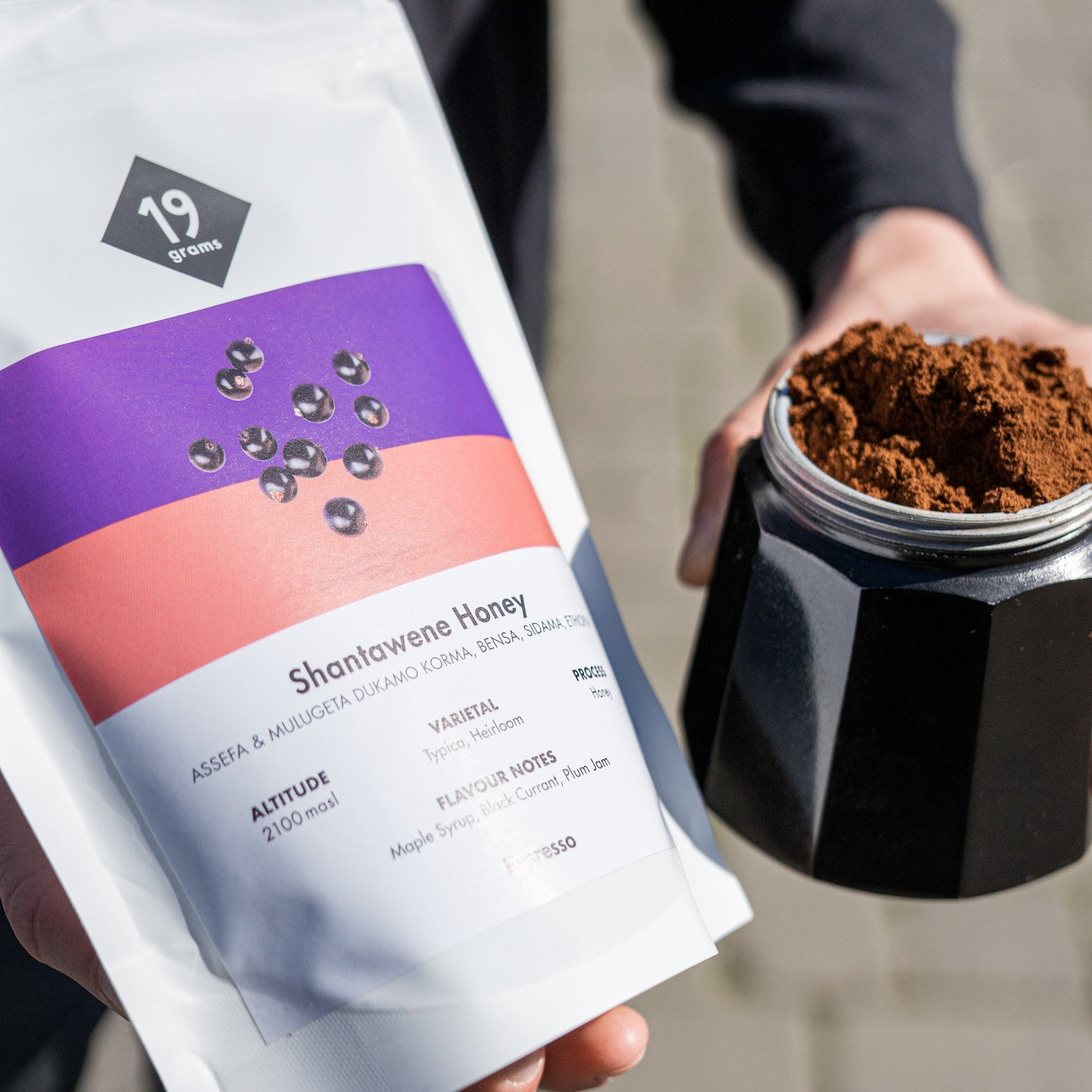During the reign of Frederick the Great in Prussia between 1781 and 1786, the import of coffee was banned to encourage the production of domestic food. As a substitute, scientists developed malt coffee and grain coffee made from chicory roots. These substitutes were collectively called "muckefuck," a derogatory term for either weak bean coffee or coffee-like beverages made from surrogates such as chicory, roasted rye, or malted barley.
The origin of the term "muckefuck" is uncertain. It may have originated in Rhenish dialect, where "mucke(n)" meant brown wooden mulch and "fuck" meant lazy, to indicate the taste deficiencies of these coffee substitutes. Another theory is that it is a German adaptation of the French term "Mocca faux" (false mocha), possibly introduced during the Franco-Prussian War or the French occupation of the Rhineland. However, concrete evidence for this theory is lacking.
In the German Democratic Republic (GDR), "muggefugg" became a common drink due to the scarcity and high cost of good coffee beans from the West. To make coffee more affordable, it was often laced with roasted chicory roots and sold under names such as "MoccaFix." Despite its uncertain origin, "muckefuck" became synonymous with substitute coffee and gave the impression of an inferior taste.



